From hunting prey to detecting danger and recognizing familiar scents, a cat’s nose is a finely tuned instrument. However, lately, I have been noticing that my cat Muezza was not getting near me when I brushed my teeth. So, the question prompted me to wonder if cats like the smell of toothpaste.
No, most cats don’t like the smell of toothpaste. Their sense of smell is so strong that toothpaste’s minty or fruity scents can overwhelm them. In fact, some cats might even find the smell disgusting and avoid places where the scent lingers.
As fellow cat enthusiasts, it’s crucial to prioritize our furry companions’ likes and dislikes. If you are curious to learn more about your feline friend’s toothpaste preferences, read this guide till the end!
Do Cats Like Toothpaste? Here’s the Explanation in Detail
It depends on your cat’s unique preference, but for the most part, cats don’t like typical human toothpaste. As for me, my cat didn’t like the toothpaste either.
Let’s discuss cats’ unique sense of smell, which makes them hate toothpaste. Also, we will discuss common toothpaste ingredients that are not liked by our feline friends.
Cat’s Sense of Smell
Cats’ nostrils are way better than ours. How? Because their olfactory system is highly developed, with approximately 200 million scent receptors. And how many scent receptors do humans have? Just 5 million.
So it’s no surprise that cats are not fond of minty scents as it is way stronger. With such a whopping number of scent receptors, cats detect a wide range of odors and distinguish even subtle differences in scents.
Apart from having a higher number of scent sensors, felines possess a unique organ known as the vomeronasal organ or Jacobson’s organ. This is specialized in detecting scents. This exceptional organ is situated on the roof of its mouth.
But what’s the role of this organ? It lets cats analyze pheromones and other chemical signals so that they gather more precise information about their surroundings and fellow felines. Result? It allows them to navigate their environment with ease and accuracy.
So that was about a cat’s sense of smell. This incredible ability influences their preferences and reactions to various scents, such as toothpaste.
Now let’s discuss why cats don’t like toothpaste for the most part.
Ingredients in Toothpaste
As a cat parent, I understand how challenging it can be to maintain their dental hygiene. Toothpaste formulated for humans may have various components that enhance its flavor and consistency. So it’s essential to keep in mind that certain ingredients may not be suitable for our furry friends.
Here are some prevalent toothpaste ingredients and how they could impact feline preferences.
● Mint or Menthol:
Toothpaste mostly houses a lot of minty flavors and scents. That’s why our breath smells fresh when we brush our teeth. But human toothpaste is not for cats. Why?
Because peppermint or spearmint is even very strong in toothpaste for humans. And the fact that cats have a lot more smell receptors, these cooling aromas will be overpowering and unpleasant for cats. So next time you see your cat running from toothpaste smell, it is because of their highly developed olfactory system.
● Fluoride
Fluoride is another common ingredient, and we know that cats are more sensitive to fluoride than humans. Upon consuming this chemical, you can take a toll on your furball’s health.
You must be aware of fluorosis, a condition that arises due to excessive fluoride accumulation in the pets’ bodies. Fluorosis can lead to several health problems, such as:
- Vomiting
- Diarrhea
- Increased thirst
- Frequent urination
- In severe cases, skeletal abnormalities and damage to internal organs.
So don’t give toothpaste as a joke to your cats. If your cat accidentally swallows toothpaste, you must recognize the symptoms of fluorosis and take the necessary steps to prevent and treat this condition.
● Foaming Agents:
While mint and menthol are responsible for cats’ aversion towards toothpaste, other ingredients of toothpaste can be fatal for our furry friends. Foaming agents are present in almost every toothpaste. The ingredient, sodium lauryl sulfate, is the agent that lets your mouth fill with foam when brushing.
Although for us, this ingredient is harmless upon consumption, it can make our little furballs sick. Why? Because it can make for potential gastrointestinal upset if ingested.
● Artificial Sweeteners:
Other common ingredients of toothpaste are saccharin and xylitol. As responsible cat parents, we should know that cats may not be fond of these common sweeteners in human toothpaste.
Apart from that, these sweeteners take a toll on your cat’s health. How? Because it leads to hypoglycemia in cats with quantities as low as 0.10 grams for a 10 kg cat.
And you should know that hypoglycemia is a serious condition that can lead to death if left unchecked.
Cats’ Preferences and Reactions to Smells
Cats can be picky about smells, just like humans. Some scents may attract them, while others may alarm or repel them. Factors like genetics, past experiences, and mood can influence their reactions.
Each cat has unique preferences, so it’s important to observe their responses and respect their sensitivities. As a cat owner, I always pay attention to my Muezza’s reactions to different smells and make sure to provide alternatives if needed.
What to Consider When Looking for Cat Toothpaste?
So your cat doesn’t like the smell of toothpaste, and it’s not even healthy for your cat. What now? How will you take care of your little friend’s dental hygiene? Leave it be?
Not a chance, as poor dental hygiene leads to a number of dental problems. Also, the past few year’s data revealed a massive increase in cats’ dental diseases.
It is crucial to be mindful of the fact that cats may not react positively to the scent of toothpaste formulated for humans. As such, it is essential to explore other alternatives that would be more suitable for maintaining their oral health.
Here are some critical factors to keep in mind when considering cat toothpaste:
Cat-Specific Formulas:
First and foremost, you should get cat-specific toothpaste. Why? Because such toothpaste is free from all harmful ingredients like fluoride, artificial sweeteners, and strong flavors.
Moreover, those kinds of toothpaste are free from any strong minty aroma that shuns cats off of toothpaste. So you are good to get them for your furballs.
Flavors Cats Prefer:
When it comes to cat toothpaste, I always prefer a seafood flavor for my Muezza, and you should also do the same. Consider choosing a flavor that your furry friend will enjoy.
There are a lot of toothpaste flavor options for cats, like poultry, seafood, and malt. By selecting a toothpaste with a more enticing taste, you can make brushing your cat’s teeth a more enjoyable experience for both you and your feline companion.
Safe Ingredients:
When it comes to choosing toothpaste for my beloved cat, Muezza, I always make sure to keep her health and preferences in mind. For her unique touch, I opt for toothpaste with an alluring taste like seafood and a meatier scent that she’ll love.
However, I’m also careful to avoid toothpaste products that contain harmful ingredients like xylitol, fluoride, or artificial sweeteners, which can be toxic to cats. By choosing wisely, I can provide Muezza with a safe and enjoyable tooth-brushing experience that keeps her healthy and happy.
Introduction and Training:
When you first start to brush your cat’s teeth, do so slowly. First, let her sniff on toothpaste. Moreover, if it allows you to brush her teeth after tasting the toothpaste, you should proceed further.
If your cat is reluctant to brush, make sure to allure her with treats or praise to create a positive association with the toothpaste.
Veterinary Guidance:
It’s always best to consult with your veterinarian for recommendations on the best toothpaste options. With their knowledge and expertise, they provide proper guidance on good oral hygiene practices. Moreover, they can also recommend suitable products based on your cat’s specific needs.
Note that being a responsible cat parent, it’s your job to do regular dental care for your feline’s overall health. Although toothpaste isn’t a must-have for a cat’s oral health, it lends a great hand to maintaining good oral hygiene.
And yes, there are a lot of other dental care options, such as:
- Dental treats
- Dental diets
- Water additives
But remember, with any dental care product, it’s your responsibility to ensure that it doesn’t contain any harmful ingredients. Additionally, you can make the brushing experience more enjoyable for your furry friend by choosing toothpaste flavors that they find enticing, such as poultry, seafood, or malt.
Conclusion
So cats generally do not like the smell of toothpaste designed for humans. But some cats might like them and even swallow them. Strong minty or fruity toothpaste scents are overwhelming or unappealing to cats. Moreover, human toothpaste is likewise harmful to your feline buddy.
There are cat-specific toothpaste options available that offer meaty flavors and scents. So it is your job to choose toothpaste specifically formulated for cats.
Remember, maintaining good oral hygiene for your cat is important for their overall health. By being mindful of your cat’s preferences and needs, you can make informed choices to support their oral hygiene while respecting their unique olfactory experiences.
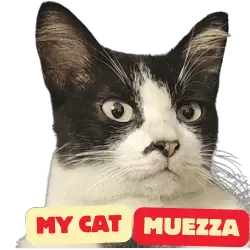
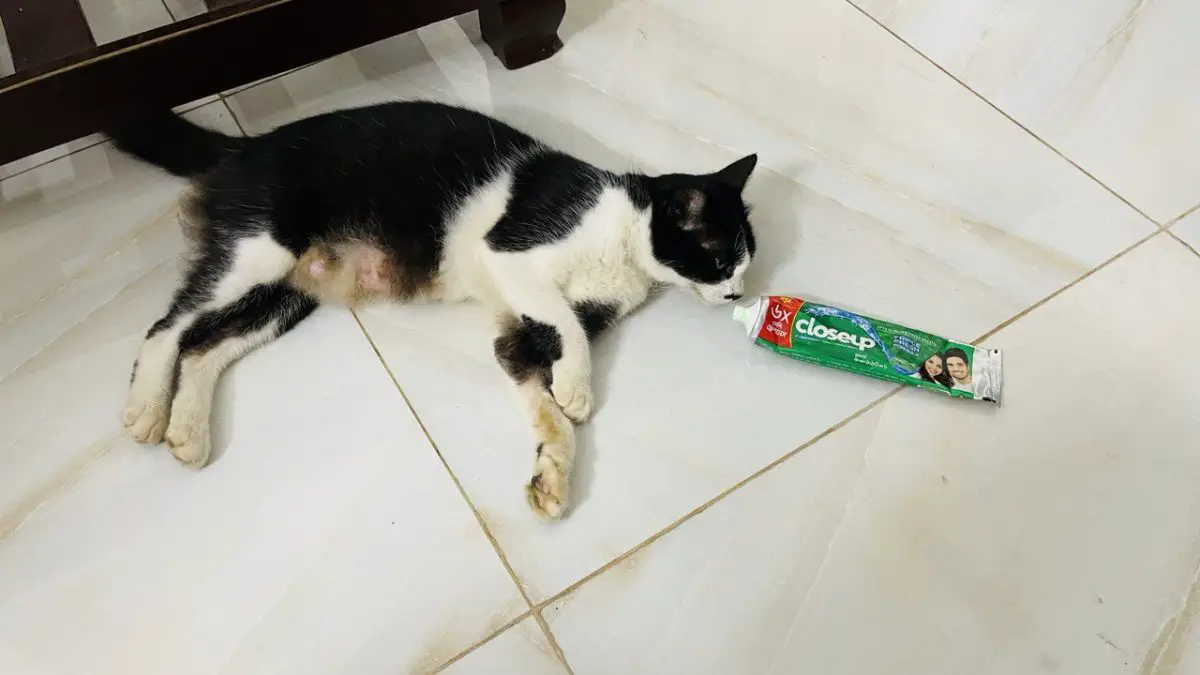
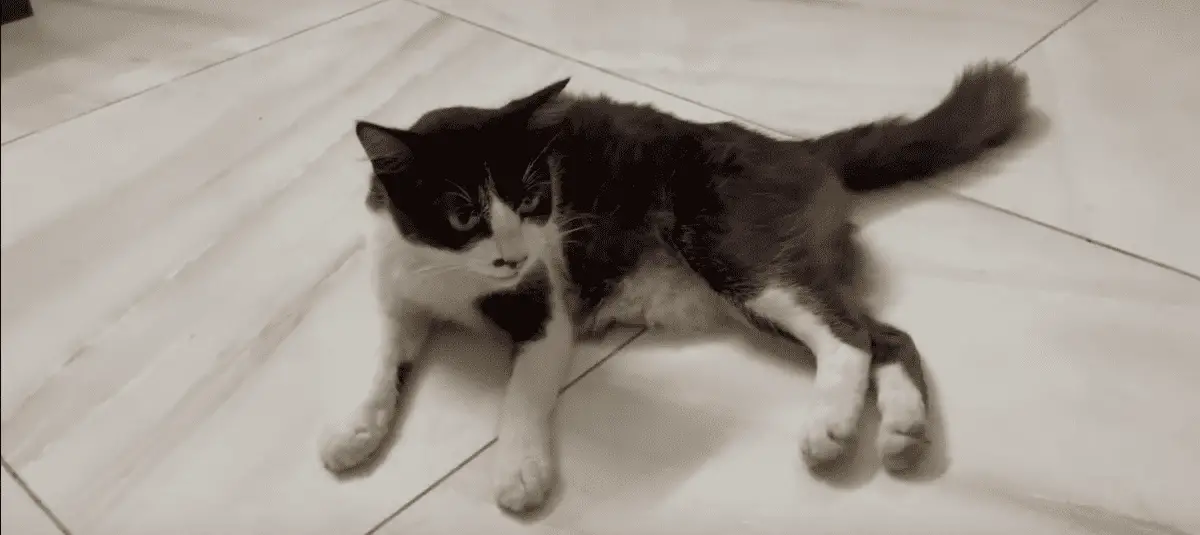
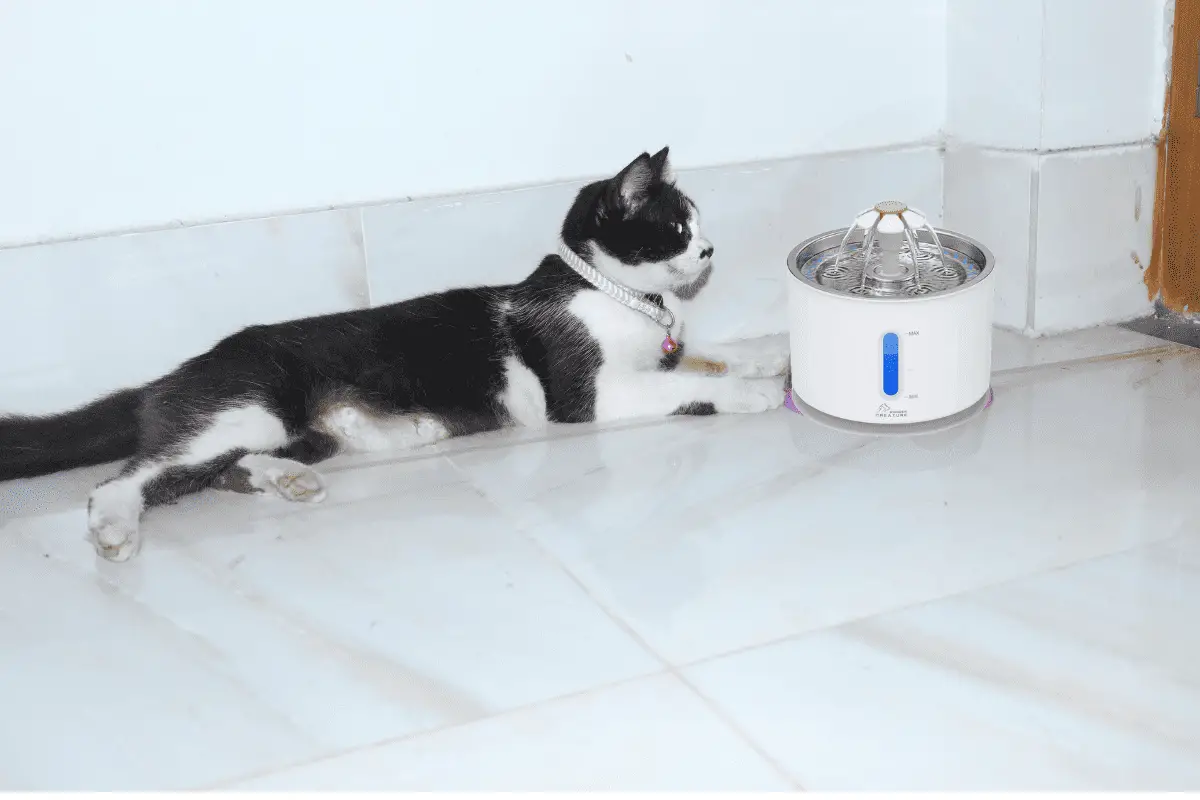
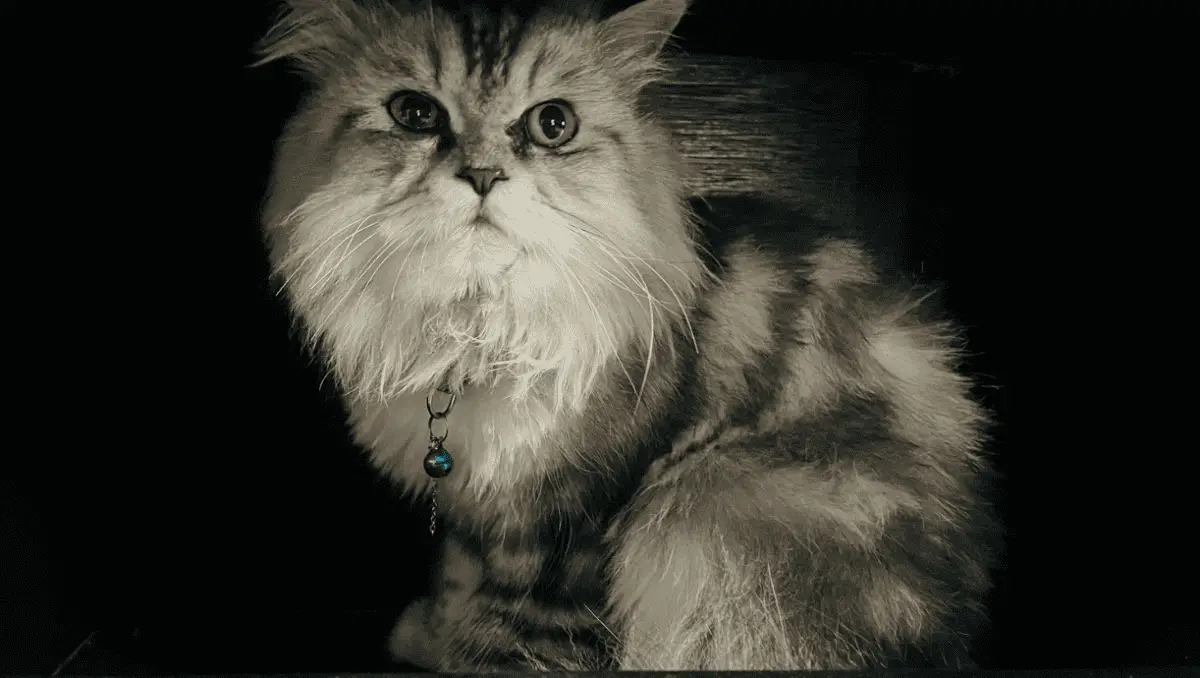

Leave a Reply